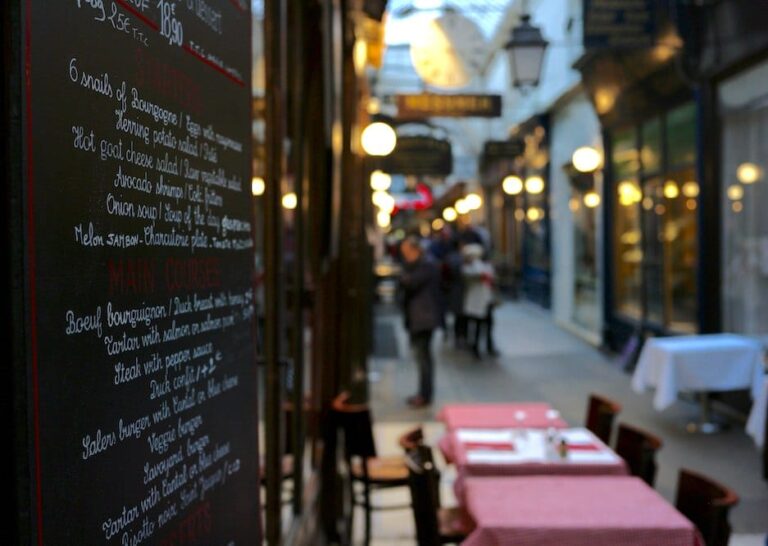mordre la poussière
The French expression “mordre la poussière” translates literally to “to bite the dust” in English and carries similar connotations. It is used to refer to defeat, failure, or death.
Meaning
“Mordre la poussière” typically conveys:
- Suffering a definitive defeat
- Being thoroughly vanquished in competition
- Meeting one’s demise (especially in battle)
- Failing completely at an endeavor
Origins
The expression has ancient roots dating back to Homer’s Iliad, where fallen warriors were described as “biting the earth” as they collapsed in battle. This imagery of the dying man’s face hitting the ground evolved across multiple languages.
The specific French formulation emerged during the medieval period, cementing itself in military contexts before expanding to more general usage. Its prevalence in French literature from the 17th-19th centuries helped standardize it in the language.
Contemporary Usage
In modern French, the expression appears in various contexts:
- “Après trois défaites consécutives, l’équipe a finalement mordu la poussière en finale.” (After three consecutive defeats, the team finally bit the dust in the finals.)
- “Son entreprise a mordu la poussière face à la concurrence étrangère.” (His company bit the dust facing foreign competition.)
- “Le champion en titre a mordu la poussière contre le jeune challenger.” (The reigning champion bit the dust against the young challenger.)






